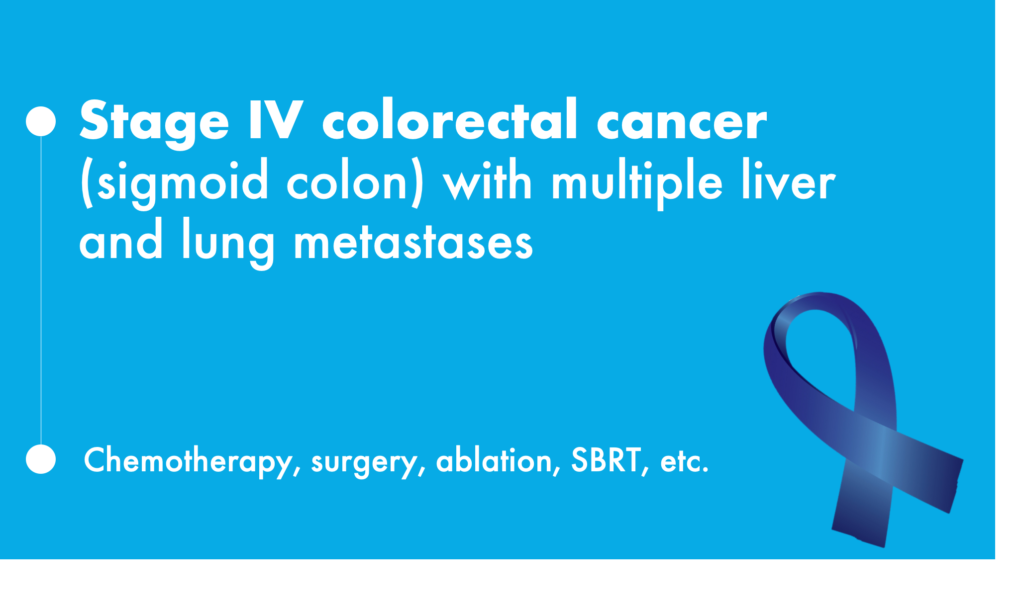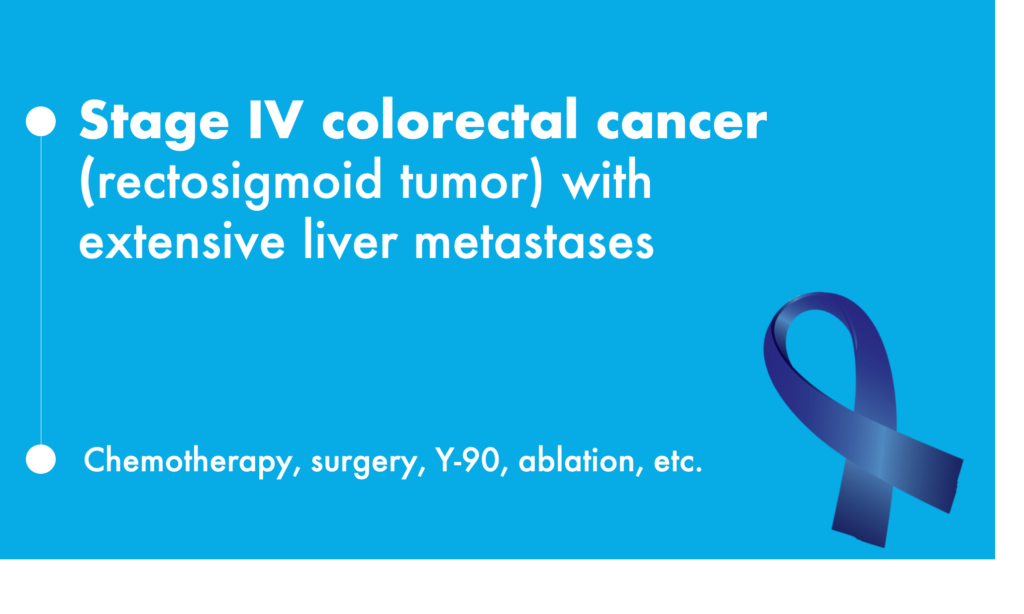Journey of Resilience
A Breast Cancer Survivor’s Unexpected Battle with Appendicitis and Metastasis
Overcoming Challenges: A Journey of Strength and Resilience
A 55-year-old woman visited the emergency department with severe abdominal pain that had persisted for two days. Initially colicky and centered around the navel, the pain later shifted to the right lower abdomen and worsened with movement and coughing.
Her medical history included metastatic breast cancer, first diagnosed six years prior as ER-positive, PR-positive, HER-2-negative grade III invasive ductal carcinoma (T4 N2). She had undergone a modified radical mastectomy, followed by chemotherapy, radiotherapy, and hormonal therapy. Despite being diagnosed with brain metastases four years later, she had no recent disease progression and continued hormonal therapy with exemestane.
A CT scan revealed acute appendicitis with severe inflammation and possible devitalization. Given her cancer history, doctors suspected a potential malignant cause of appendicitis and recommended surgery.
During surgery, her appendix was found to be perforated, surrounded by an abscess and severe inflammation. Due to concerns about an underlying malignancy, the surgeon performed a cecectomy, removing part of the colon along with the appendix.
Histology confirmed that the appendix contained ER-positive, PR-negative, HER-2-negative metastatic breast carcinoma, indicating cancer spread to the appendix. However, the surgical margins were clear, and no further immediate surgery was required. She recovered well and was discharged on post-operative day 4 after completing intravenous antibiotics.
Three months later, she developed bilateral ureteric obstruction due to peritoneal carcinomatosis, requiring nephrostomy tubes and ureteric stents. Fortunately, chemotherapy helped control the disease, allowing her to have the stents and tubes removed.
More recently, she developed a liver metastasis, now being treated with radiotherapy. Seven years after her initial breast cancer diagnosis, she continues to maintain an excellent quality of life with minimal symptoms and remains independent in daily activities.
Diagnosis
Acute appendicitis revealed to be caused by metastatic breast cancer in the appendix.
Biomarker profile: ER-positive, PR-positive, HER2-negative
Treatment
Surgical removal of the appendix and part of the colon, followed by ongoing hormonal therapy and chemotherapy
Outcome
Good quality of life despite metastases, with successful management of new complications
Source: Khalil, D. T., Slater, K., & Cooper, C. (2022). Metastatic breast cancer presenting as acute Appendicitis. Cureus, 14(10).
.


